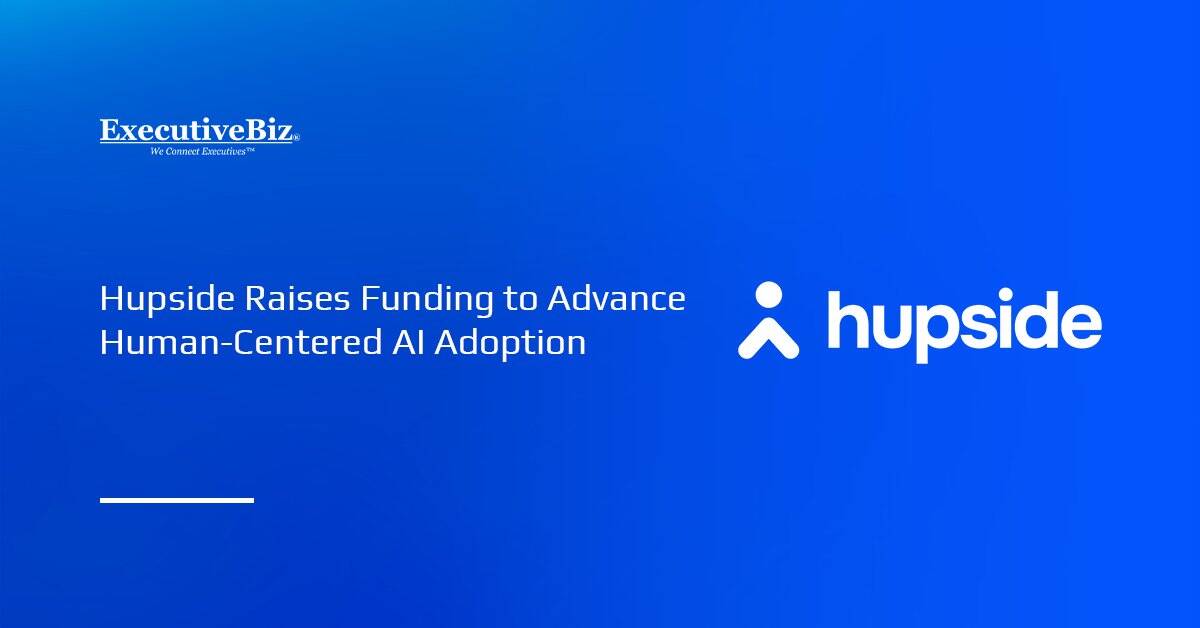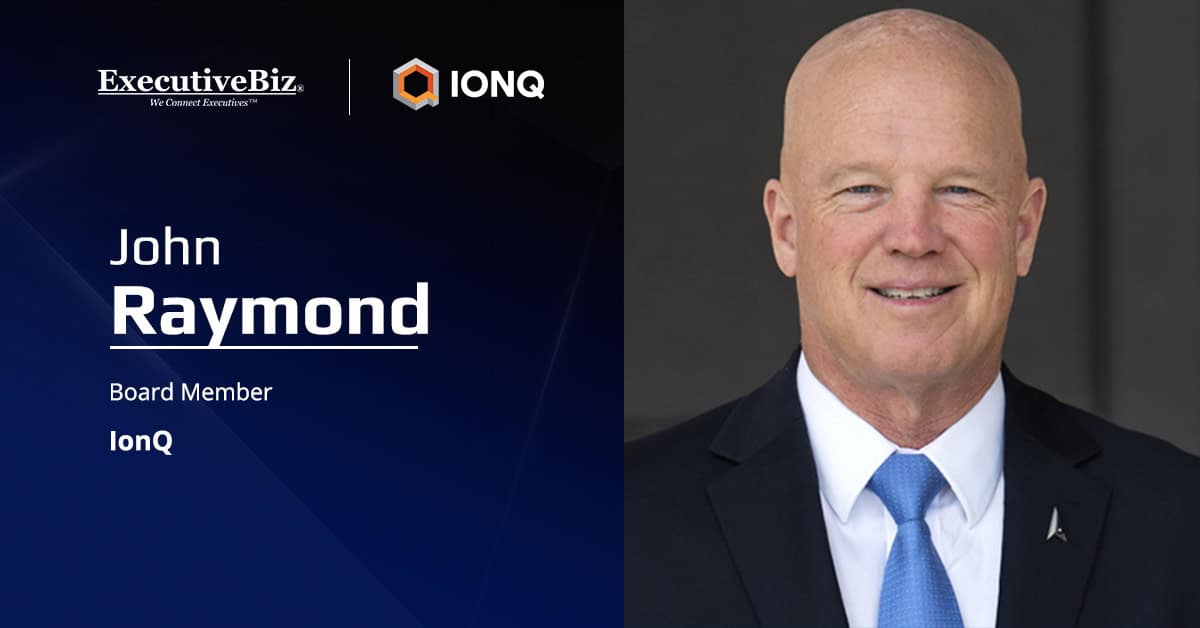Hupside has secured $1.7 million in pre-seed funding to accelerate its mission of improving artificial intelligence adoption in the workplace by focusing on human originality. The round was led by Ruxton Ventures with support from strategic angel investors, Hupside said Tuesday.
Measuring Original Intelligence
The investment coincides with the public availability of Hupchecker, an assessment platform designed to measure what is known as original intelligence. The tool identifies individuals and teams most likely to adapt effectively to AI, a capability Hupside said is missing from many organizations seeking transformation. According to the company, only a small fraction of AI implementation initiatives are delivering measurable returns despite widespread investment in generative AI.
“AI alone doesn’t transform companies—people do,” said Jonathan Aberman, co-founder and CEO of Hupside. He explained that Hupchecker provides a data-driven way to identify employees best equipped to use AI productively, allowing organizations to build teams that can move beyond generic outputs and generate lasting competitive advantage.
The platform generates an original intelligence quotient and classifies users into OIQ types, benchmarking their responses against both human and AI outputs. Delivered through a quick, gamified web or mobile experience, Hupchecker is designed to help organizations identify originality potential and AI readiness in about 10 minutes.
Founding Team and Advisory Support
Hupside was founded by a team combining expertise in venture, neuroscience and emerging technologies. The founding team includes Aberman, a business transformation leader across professional services, government and academia; Erich Baumgartner, who led six startup exits; Dan Johnson, an AI scientist and co-inventor of the core intellectual property behind Hupside; and Adam Green, an international expert on human creativity and the role of originality in predicting success.
Recently, the company named Justin Fanelli, chief technology officer for the Department of the Navy, as the first member of its advisory board to help shape the AI adoption strategies of the government and other organizations.





